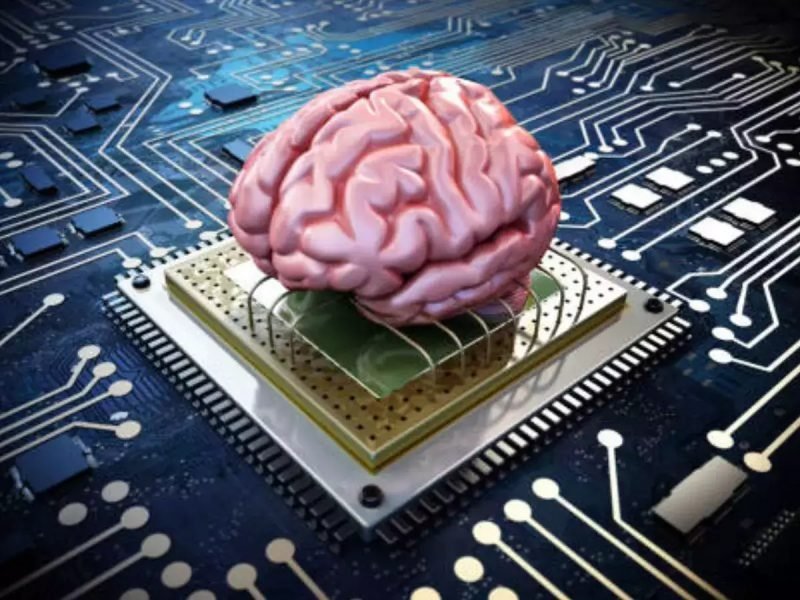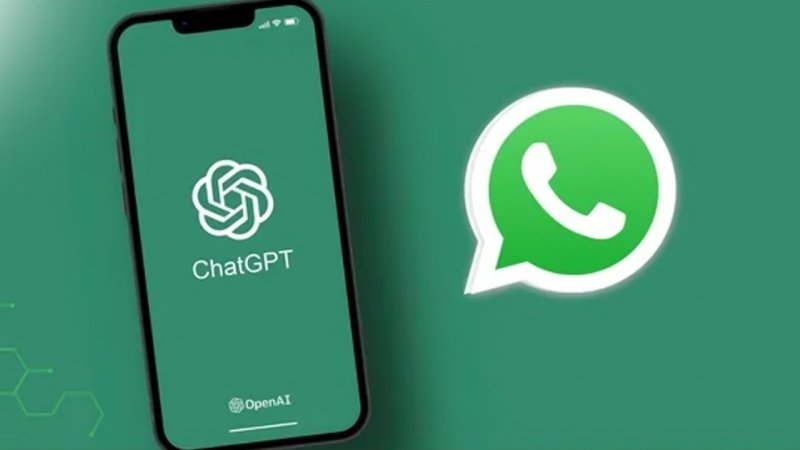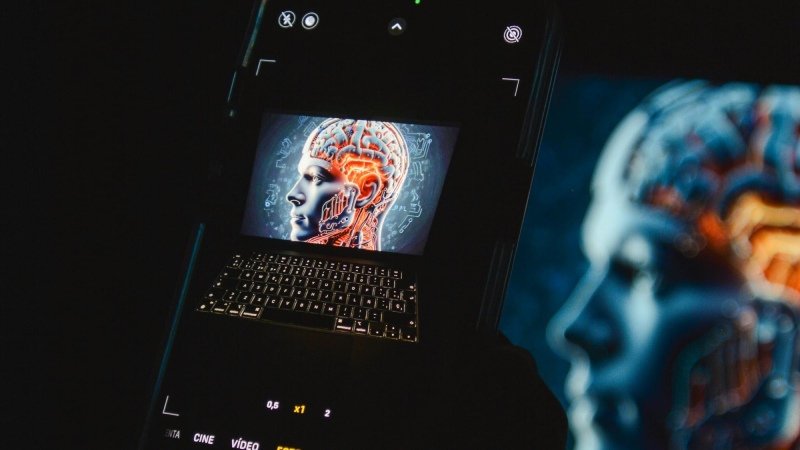The second patient to receive a Neuralink brain chip, known as “Alex,” has successfully integrated the implant and is using it to play the popular PC game Counter-Strike 2. This progress was highlighted by Elon Musk’s company in a recent update, emphasizing the significant advancements made since the first human trial. Unlike the first patient, Alex’s implant has remained fully attached to his brain, marking a critical milestone in the development of Neuralink’s technology.
Alex used to play Counter-Strike 2 with a mouth-operated controller called QuadStick. He suffered a spinal cord injury that left him without use of his limbs. However, the limitations of this setup meant that he struggled to move and shoot simultaneously. The introduction of the Neuralink chip has drastically changed his gaming experience. With the implant, Alex can now control a mouse on his laptop remotely, allowing him to aim more accurately while still using the QuadStick to manage movement. This combination has greatly enhanced his ability to play the game, offering a new level of precision and coordination that was previously impossible.
Neuralink’s first patient, Noland Arbaugh, experienced some challenges with his implant, as 85% of the thread-based electrodes became displaced after surgery. Despite this setback, Arbaugh continues to use the implant effectively. In contrast, Alex’s recovery has been notably smoother, with Neuralink reporting no issues of thread retraction in his case. The company attributed this success to refined techniques and reduced mitigations that were implemented to prevent the complications encountered in the first patient.
Beyond gaming, Alex has also used the Neuralink chip to engage in creative activities. He designed a 3D holder for the electric charger of his implant, which was subsequently 3D-printed. This accomplishment has given Alex a renewed sense of purpose and creativity. “I feel like I’m building things again when I take an idea, turn it into a design, and then have a physical item as a finished product,” he said his satisfaction with the process.
Neuralink continues to develop and refine the controls for its technology, with the goal of delivering comprehensive mouse and video game controller functionality in the future. The company’s work with Alex represents a significant step forward, not only in the realm of assistive technology but also in demonstrating the potential of brain-computer interfaces to enhance the quality of life for individuals with disabilities. As Neuralink progresses, these developments could pave the way for even more advanced applications of their brain chip technology, offering new possibilities for patients around the world.
Topics #brain #Chip #Counter-Strike #Counter-Strike 2 #Elon Musk #Game #gaming #Neuralink #Neuralink brain chip #news #patient











